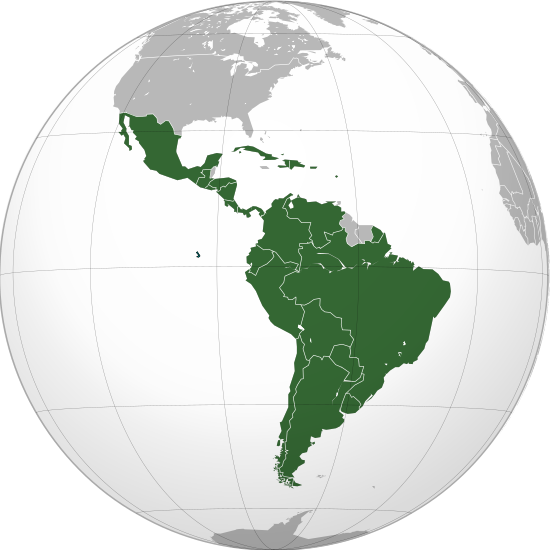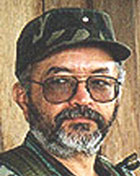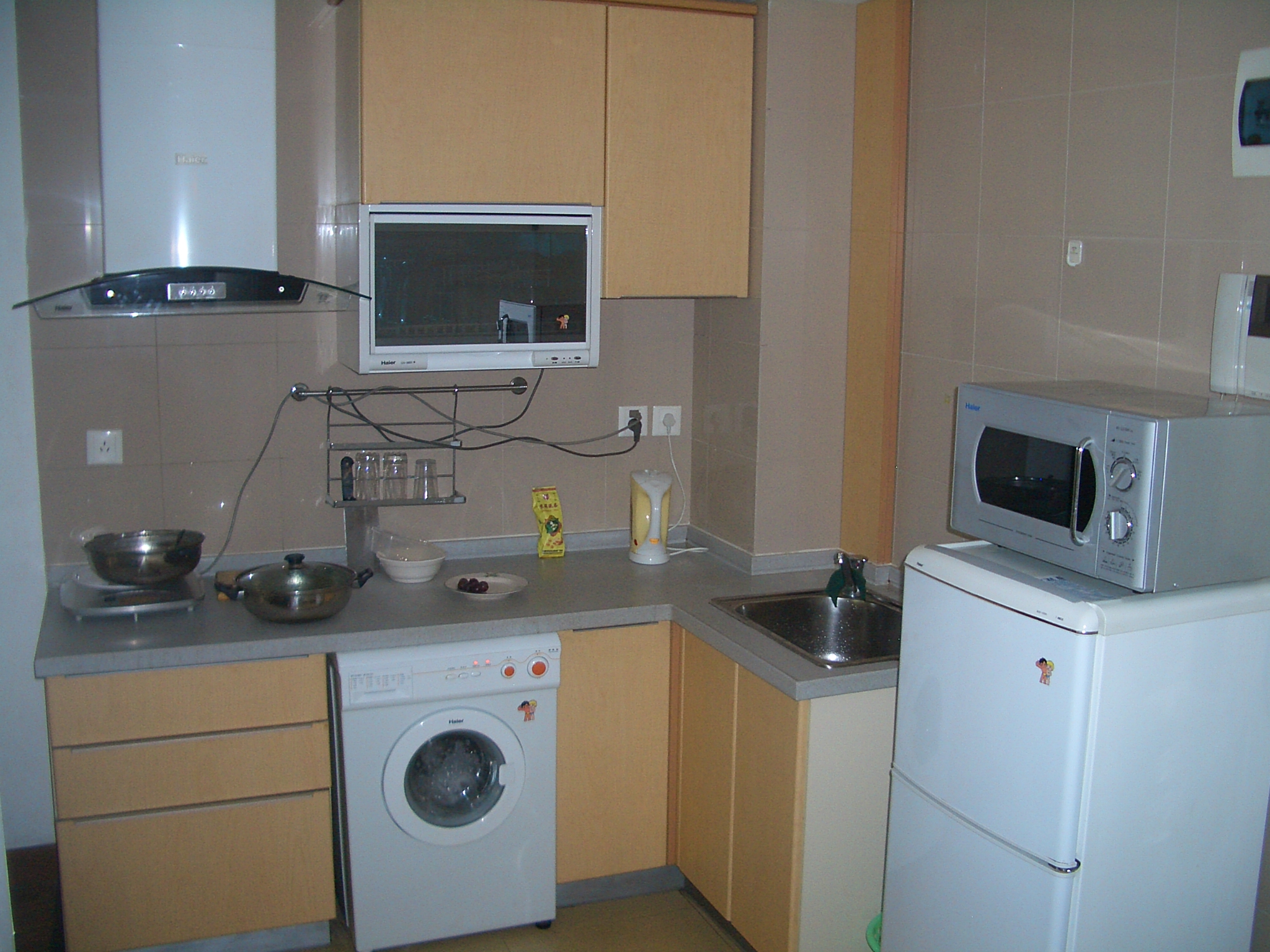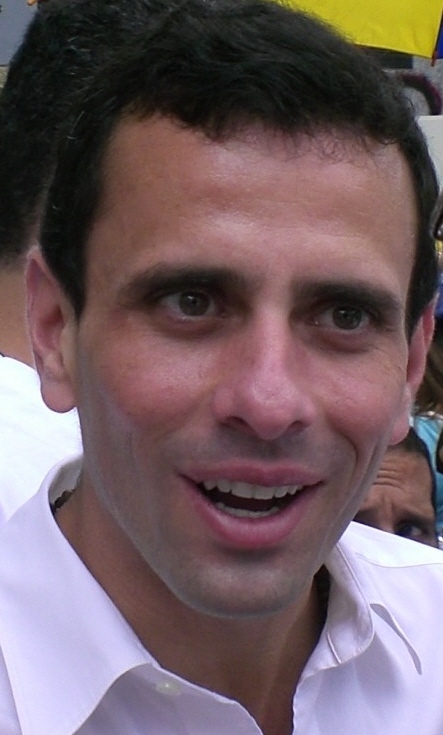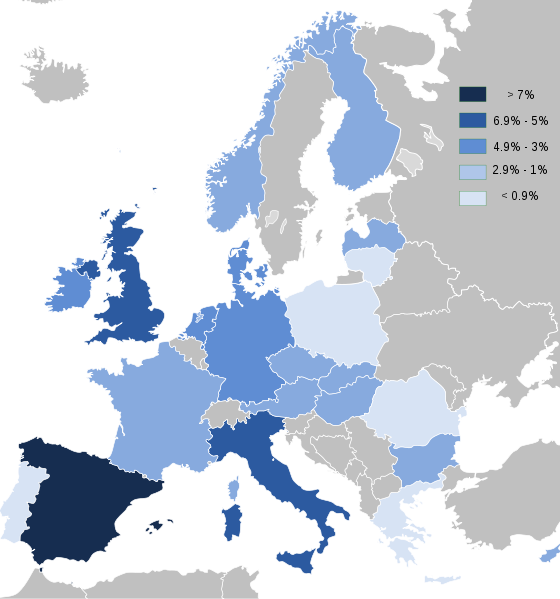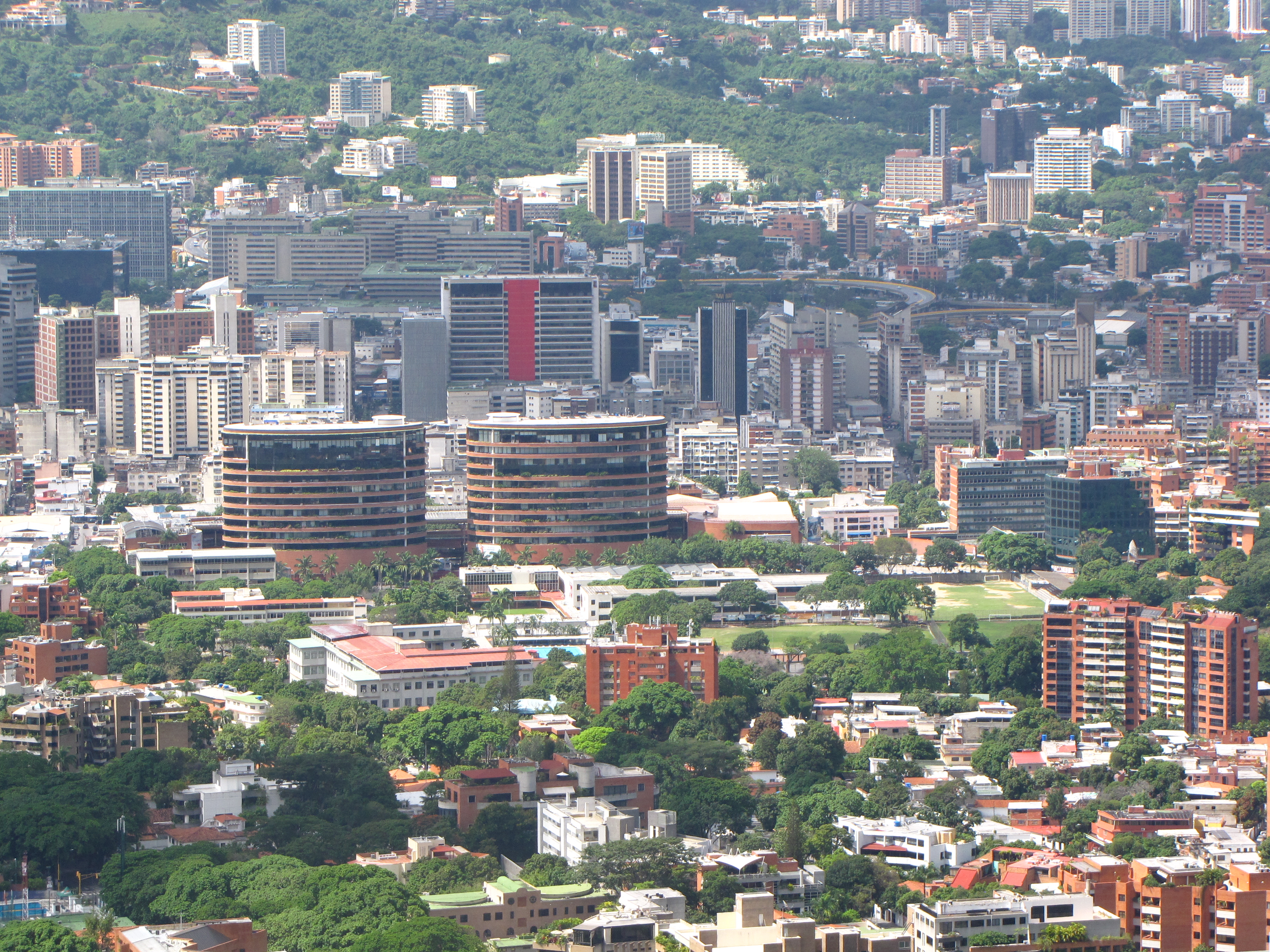The picture
I am often shocked by two things: the shameless way in which the Chávez regime and its useful idiots portray Venezuela's situation and the mediocrity of Venezuela's media - specially the TV - to show a proper response particularly for those who have no reference.
On one side you have Chávez's government and its useful idiots abroad, who lie through their teeth about the state of the economy, about development, about the whole world. They pick the parameters that suit to their propaganda in a way I that makes Soviet media or Fox News a model for good journalism.
On the other side you have "journalists" from Globovisión and similar channels who were selected to be news moderators because of their looks or because of their connections or the jokes, but who have no idea about economics or politics. They preach to the choir and they simply cannot put things in perspective for the average Venezuelan.
Charts, give me a chart
Just one example: you will hardly see any charts on Venezuelan TV or in most newspapers. It seems journalists consider Venezuelans are too stupid to understand a chart, never mind we have to plot charts at school. It is true the average Venezuelan has a very low education level, but he is not stupid and he can usually read charts. If you show the data in context he can get the picture. Unfortunately, there is a lot of data circulating around in Venezuela but hardly any information in context for those who, like most people, are not specialists.
Inflation: the Bolivarian-banana myth
Now the Minister of the Popular Power (sic) for Trade, Edmée Betancourt, said "during the IV Republic -that's the way the military regime calls the democratic period between 1958 and 1998- inflation was close to 50%. Now, in this Bolivarian government, inflation is around 24%".
First of all: inflation in Venezuela was indeed higher between 1988 and 1998 than between 1999 and now. Still, if you want to say "the IV Republic" you will have to do an average from 1958 to 1998. Apparently Chavistas are unable to calculate the average of something. You can indeed compare the 13 years of this military regime with the 13 previous years. There you will see indeed that inflation was higher in those 13 years and that was due to the Caldera term. Still: that is not the complete picture. Inflation is often not just a national issue but it also has to do with how a country responds to outside influences.
Inflation was higher during the second Caldera term, shortly before Chávez came to power. This is no surprise: Caldera carried out similar policies to the ones taken now, even if he did not go to the extremes and oil prices were very very low. Still, inflation was then and before lower than in many other Latin American countries.
In the eighties and nineties Venezuela had lower inflation rates than many Latin American countries. Venezuela has had the highest inflation rate of the Americas since Chávez is in power.
In the first chart here you have a logarithmic view of inflation for Brazil, Chile, Colombia, Peru and Venezuela since 1980. You see how Venezuela was, comparatively speaking, better off in the eighties and nineties than the other countries. Inflation was high, very high and yet it was much higher elsewhere. I had to use a logarithmic scale because inflation in Brazil and other countries was really, really high.
In the second picture you have the inflation data on a normal scale since 1999.
Venezuela is the sick patient of America and that in spite of enjoying the biggest and longest oil boom it has ever had.









